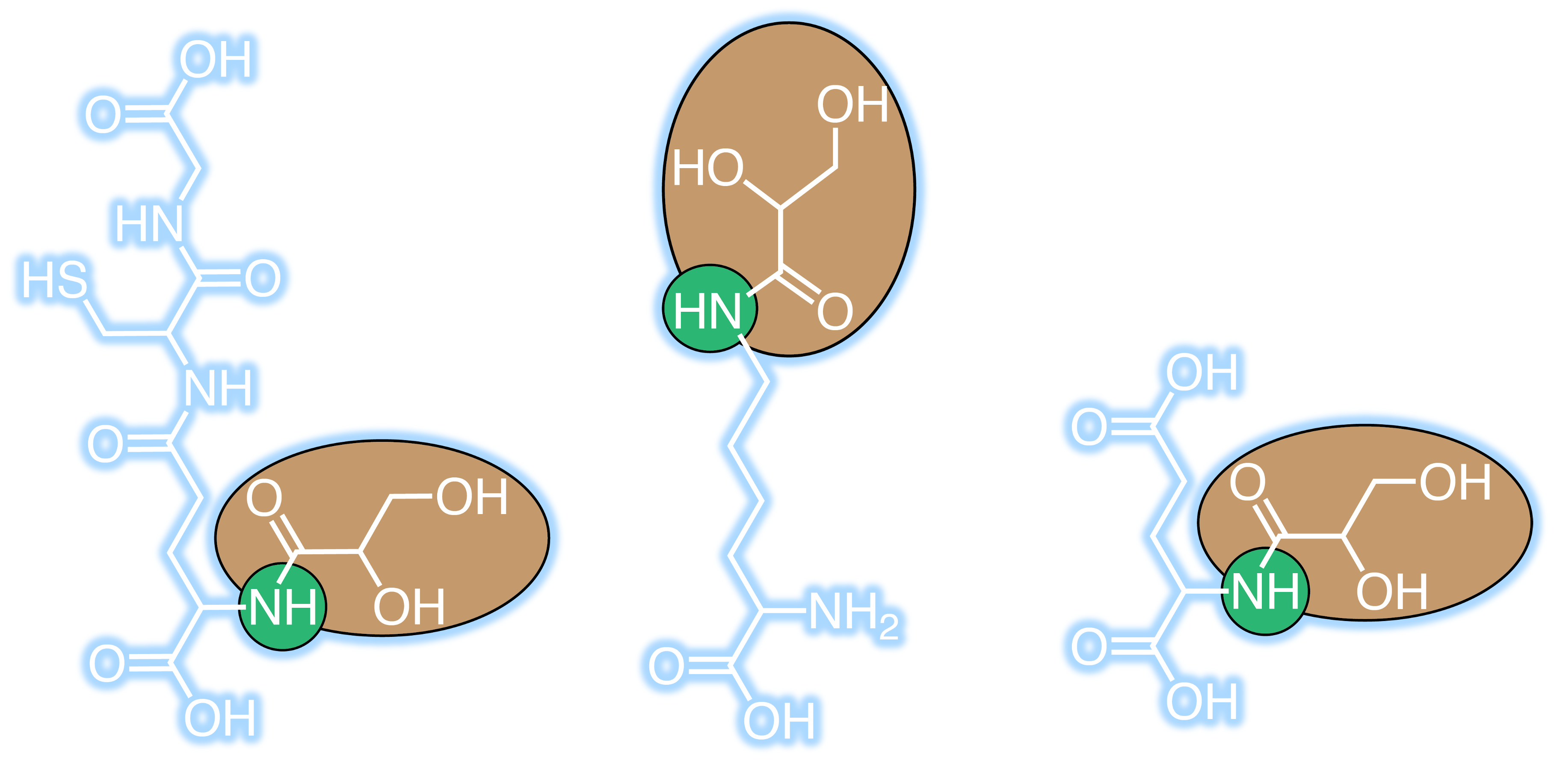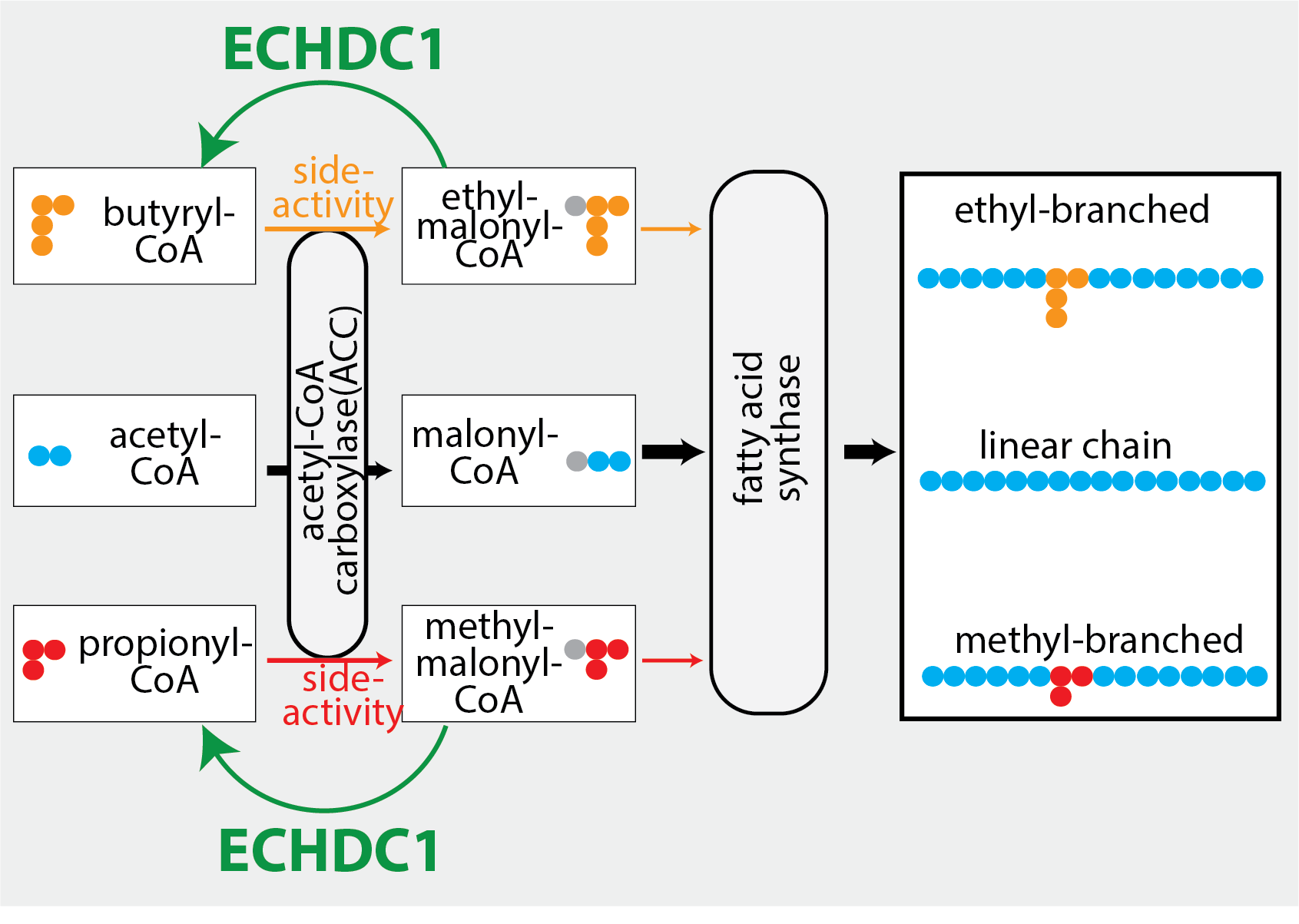RESEARCH TOPICS
Parkinson's disease and novel post-translational modifications
Parkinson’s disease mainly occurs above 55 years of age. While it is very well known that insoluble proteins aggregate in the brain, and that a specific neuron population dies, it is unclear why these changes occur. We have recently discovered that PARK7, a gene mutated in some early-onset Parkinson’s disease cases, prevents damage to proteins and metabolites caused by a glycolytic intermediates.
Metabolism of weird and rare lipids
Lipids are normally synthesized with a linear backbone of carbon atoms. We are studying the synthesis and degradation of lipids that carry branches in their backbone.
Cancer metabolism
Cancer cells need to adjust their metabolism to fulfil the needs imposed by their growth and survival under challenging conditions. We are exploring novel metabolic pathways that might play a role in these adaptations and could the targeted by therapeutic approaches.
Metabolite repair and Noncanonical Metabolism
Biochemistry textbooks suggest that metabolism occurs in well defined pathways and leads to a limited number of metabolites. We want to understand what happens when enzymes do not do their job properly or when metabolites react with each other in non-enzymatic reaction. We have discovered several metabolite-repair enzymes that help eliminate potentially dangerous compounds and thereby facilitate the efficient coexistance of metabolic pathways.
Glycosylation
We have discovered that the glycan of the protein a-dystroglycan contains ribitolphosphate groups which before had only been known to exist in bacteria. Ribitolphosphate incorporation is essential for the formation of a glycan that is required for the interaction of this protein with extracellular matrix proteins. We are trying to understand how this modification is generated and how it is altered under specific conditions.



